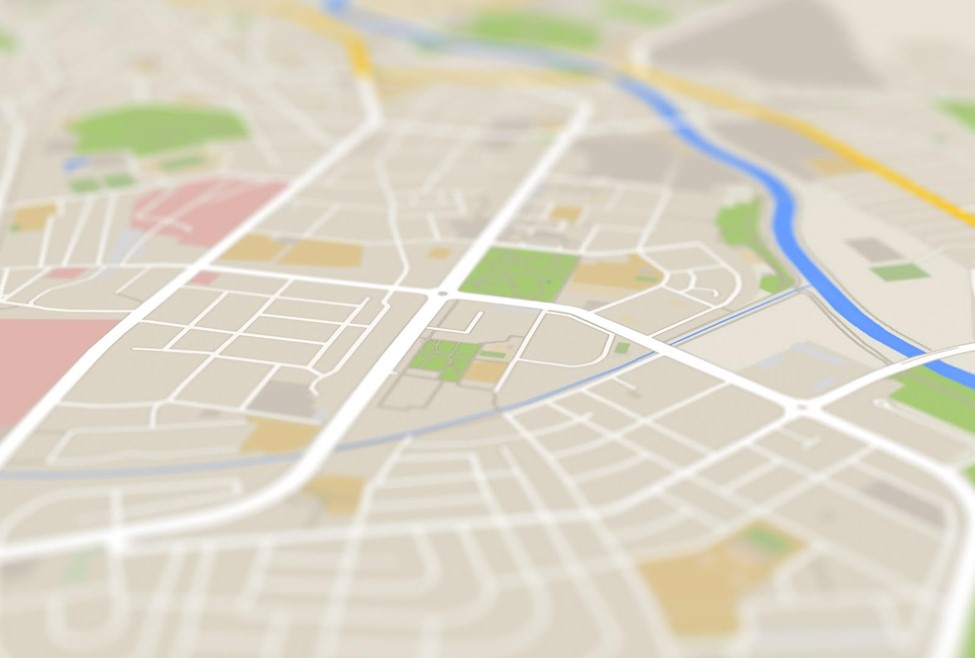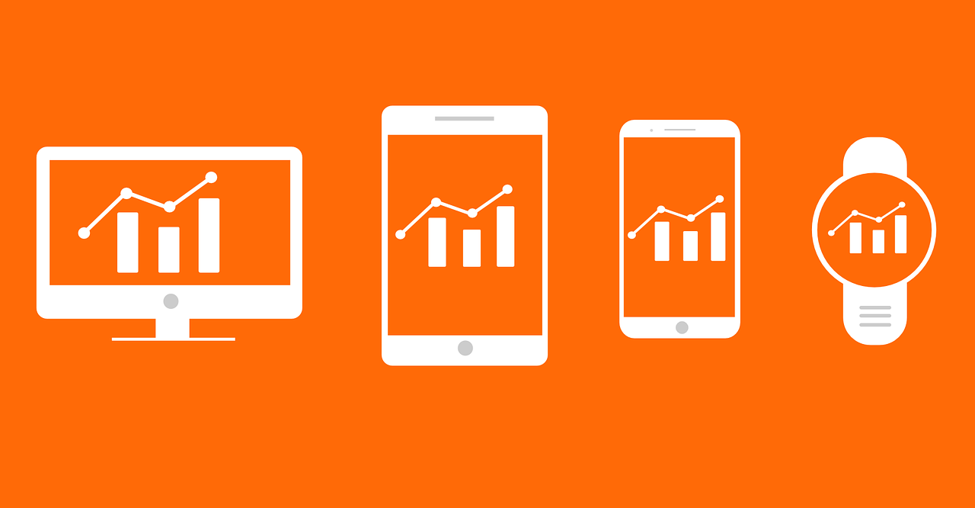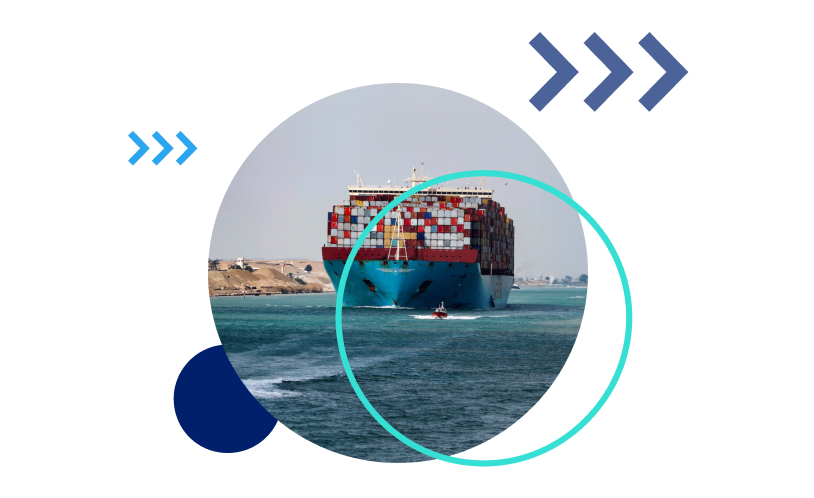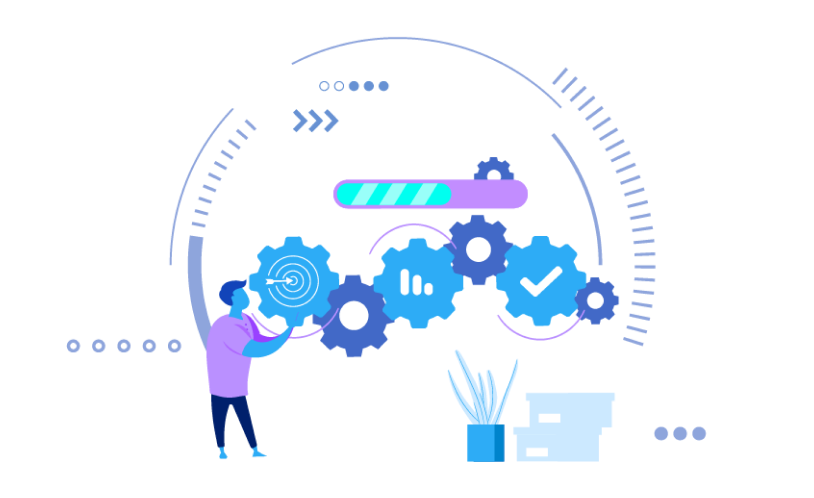This is a contributed article from Andreea Serb at CarPal.
The dynamism within the last-mile delivery landscape is unmistakable, with technology emerging as the driving force behind its transformation. This sector, once characterized by traditional logistics methods, is rapidly evolving to embrace technological innovations, fostering increased agility and efficiency. The integration of advanced technologies not only streamlines the delivery process but also positions trucking companies at the forefront of innovation. Those adapting to this technological shift are not merely delivery entities; they are becoming innovators, reshaping their operations to meet the evolving expectations of customers in a fast-paced and interconnected world.
As technology continues to advance, the last-mile delivery ecosystem is experiencing a paradigm shift from mere transportation to a comprehensive and customer-centric service. Trucking companies are leveraging cutting-edge technologies to optimize routes, enhance tracking capabilities, and offer real-time updates to customers. The seamless integration of these advancements is fostering a leaner and more responsive last-mile delivery system, ultimately improving the overall efficiency of the supply chain.
Here are the technologically driven trends that are reshaping last-mile delivery.
On-demand Delivery Platforms
On-demand delivery platforms connect shippers with trucking companies. The objective is to have shipments delivered within a city, at a preferred time slot, with minimum fuss. It’s easy for any user – consumer, small business owner, large corporate – to plug-and-play. These new platforms increase reach, promote flexibility, and reduce costs.
General customer expectations of choice and immediacy have been raised by the service they get on e-commerce sites. Today, last mile delivery shippers expect same-day service, with 23% of them being prepared to pay extra for it. The new platforms deliver the choice and immediacy that customers increasingly expect.

On-The-Go Traceability
Live tracking technology is now providing better insight into what is actually happening at every step during delivery.
This helps trucking companies identify potential issues and correct them before they escalate. The overall effect is of more streamlined deliveries and therefore lower costs
On-the-go traceability helps customers too, by providing them with accurate information on the status of the delivery.

Telematics
Telematics is a growing field that covers the wireless communications networks that connect remote applications, for instance on trucks, to a centralized system. In effect, they bring end-to-end connectivity to last mile delivery.
Telematics gives more visibility into fleet operations. One example of the way they help is by influencing driver behavior to reduce the risk of an accident.
The On-demand (Gig) Economy
Sometimes technology does more than just provide innovation to an industry. Sometimes it has the power to disrupt – provide whole new opportunities. Uber didn’t just bring new technology to the taxi industry, it brought a whole new business model.
Taking Uber’s lead of bringing in contract drivers to make a fleet, some local trucking companies have been moving toward similar solutions that add flexibility to fleet size.
Predictive Analytics
The new technologies being taken up by the last mile delivery industry provides a lot of valuable new granular data. Predictive analytic tools can harness this data and provide new opportunities to improve, for instance with route optimization.
Predictive analytics identifies patterns, which can improve such business operations. One example is with forecasting future demand.

Hybrid Fleet Systems
The traditional business model, whereby trucking companies own their entire fleet, affords full control of operations. But it has a downside of not being able to provide much flexibility in the size of fleet size, which can cause problems when demand changes.
By contrast, the hybrid fleet model – a mix of a trucking company’s own fleet, contractors, third-party partners, and freelance drivers – provides this flexibility. But the downside has been difficulty with operations control. This downside has recently been addressed by the advent of centralized hybrid fleet management systems. These systems give trucking companies both flexibility and control.
This approach is an example of a recently emerging supply chain concept, the control tower. In this concept, a centralized hub integrates real-time data from disparate sources and harnesses it to optimize supply chain operations.
Digitizing the supply chain increases agility, reduces costs, and improves business performance. Last mile delivery is one link in the supply chain that is already well into its transformation.
Those trucking companies who understand the opportunities that the new technologies avail, and who adapt to the new environment, will thrive.
CarPal Fleet is a cloud-based enterprise technology solution that allows businesses to have a transparent overview of last-mile delivery while managing an adaptive hybrid fleet. If your business involves making deliveries and managing a fleet of drivers (whether in-house or contracted), our system helps streamline operations.



